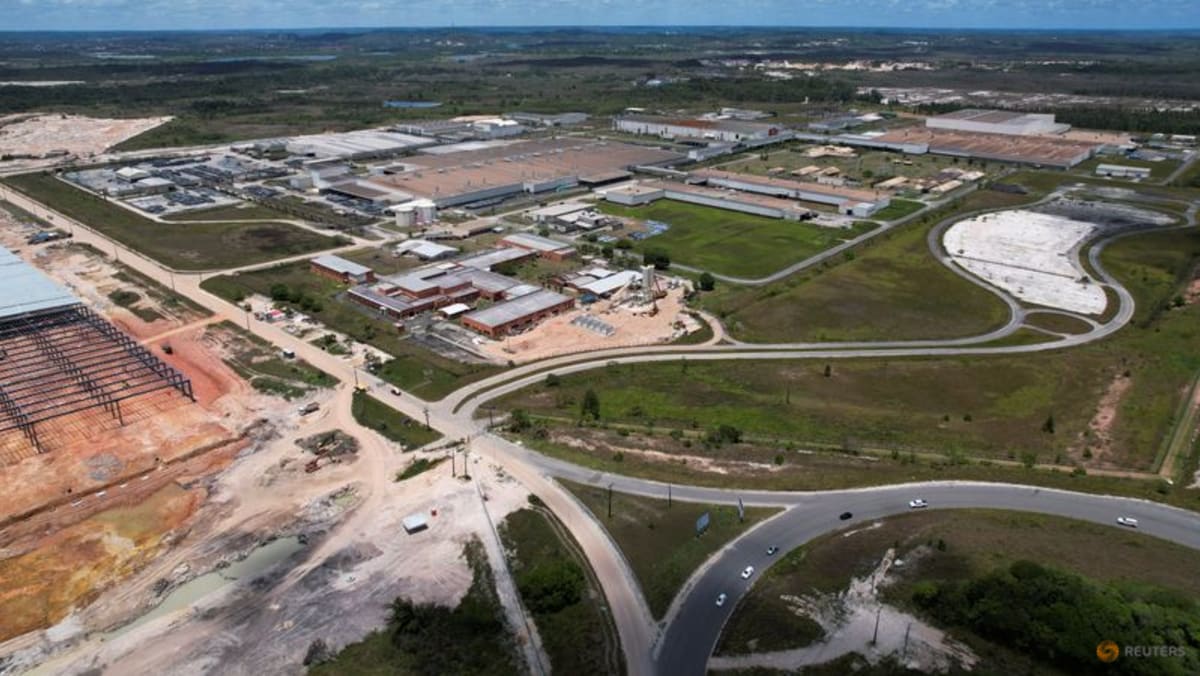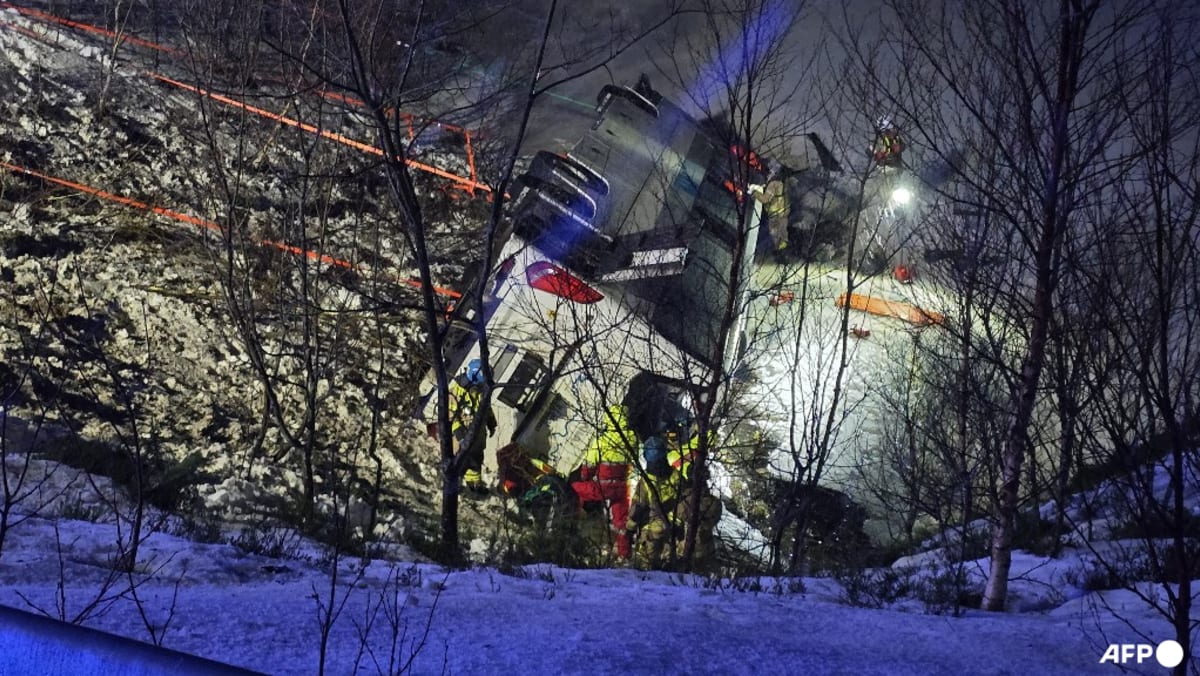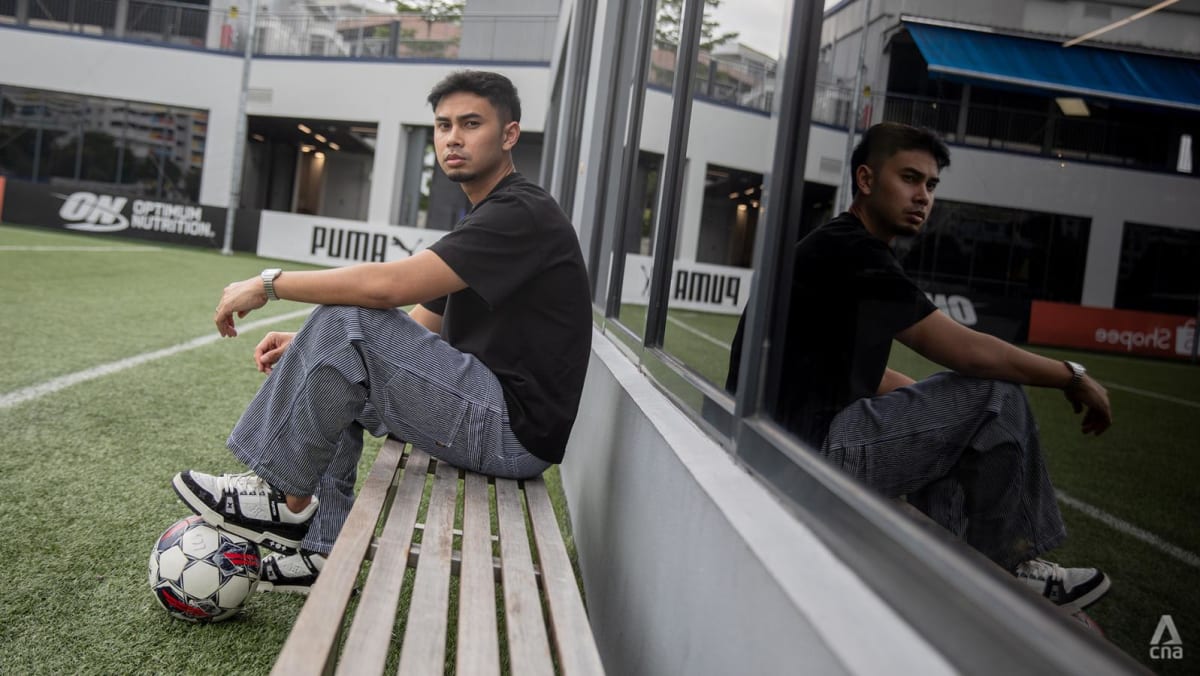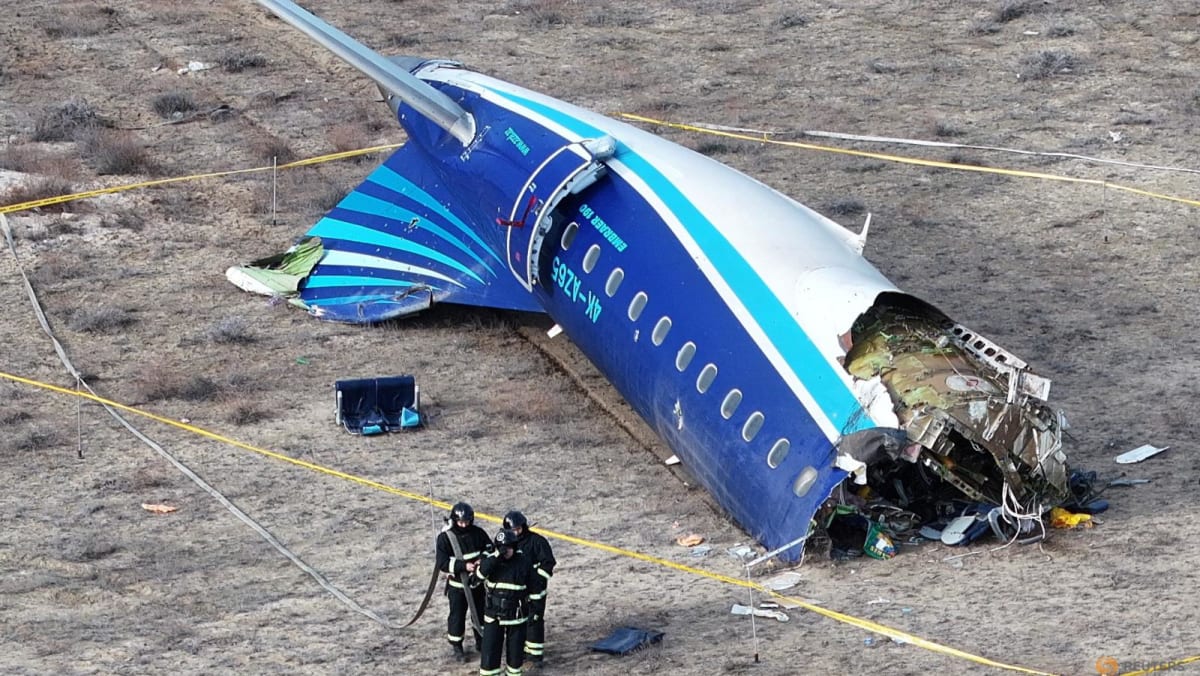Haiti gangs ‘aren’t even worried’ by Kenyan police

PORT-AU-PRINCE: Two months after the first Kenyan police officers arrived in Haiti, little progress has been made against the country’s rapacious gangs – and the buildup of an international policing mission appears stalled.
With UN backing and funding from the United States, the mission was supposed to bring order to a nation where armed groups control 80 per cent of the capital, Port-au-Prince.
Yet the Kenyan police – now numbering 400 – and their Haitian counterparts have not recaptured any gang strongholds, with frustration palpable among city residents.
“The abuse from the gangs continues, and the bandits aren’t even worried,” motorcycle taxi driver Watson Laurent, 39, told AFP, adding he had been in favour of the international intervention.
“I thought they would restore peace and support our police who were overwhelmed,” he said. “I am very concerned. I can’t sleep at night because of the explosions.”
Violence-plagued Haiti was plunged into further turmoil after a coordinated gang uprising in February saw attacks on the international airport and police stations, and led to the resignation of prime minister Ariel Henry.
The Multinational Security Support Mission (MSS), which Kenya had stepped up to lead, was already in planning and was finally deployed to help Haiti tackle the soaring insecurity.
The first 200 Kenyans arrived in late June, with another 200 in July.
But the force has “neither the sufficient personnel nor the equipment to launch real offensive operations against the gangs,” Diego Da Rin, Haiti analyst at the NGO International Crisis Group, told AFP.
“GET TO WORK”
The Kenyans and the Haitian National Police have protected key buildings and facilities in Port-au-Prince, while gangs – accused of rape, murder and kidnapping – have largely held on to their territory.
The only major operation that the Kenyan police were involved in was at the end of July, when the 400 Mawozo gang took the town of Ganthier, 28km east of Port-au-Prince.
But ahead of the security forces’ arrival, gang members skipped town – only to retake Ganthier once the Kenyan and Haitian police left.
Kenyan police have said they have made “significant progress,” including helping take back “critical infrastructure, including the airport, from gang control” and opening “roads that have enabled the return of thousands of Haitians earlier displaced.”
Most of that progress took place before their arrival, said Da Rin.
Many ordinary Haitians are angry.
“The MSS needs to get to work,” said Yverose Amazan, a shopkeeper. “This situation has gone on too long.”
WHERE ARE THE OTHERS?
With a price tag of US$600 million, the MSS is supposed to total 2,500 officers from Bangladesh, Benin, Chad, the Bahamas, Barbados and Jamaica – yet only the Kenyans have arrived, and with just 400 of their planned 1,000 officers.
UN Secretary-General Antonio Guterres has called for more funding, with the latest figures showing only US$21.6 million out of the US$85 million pledged has been received.
Meanwhile the United States has contributed more than US$300 million in funds and equipment, including armored vehicles.
The gang uprising was just the latest shock to hit a country grappling with the compounding effects of political crises, natural disasters and poverty.
Nearly 600,000 people have been displaced in Haiti, according to the United Nations, while some 4.5 million do not have enough to eat.
The prospects may look grim, but Amazan hopes the police mission “does something” by the time school starts in mid-September.
“I would like to be able to move around my country, as was the case before the proliferation of the gangs,” she said.
Source: CNA















